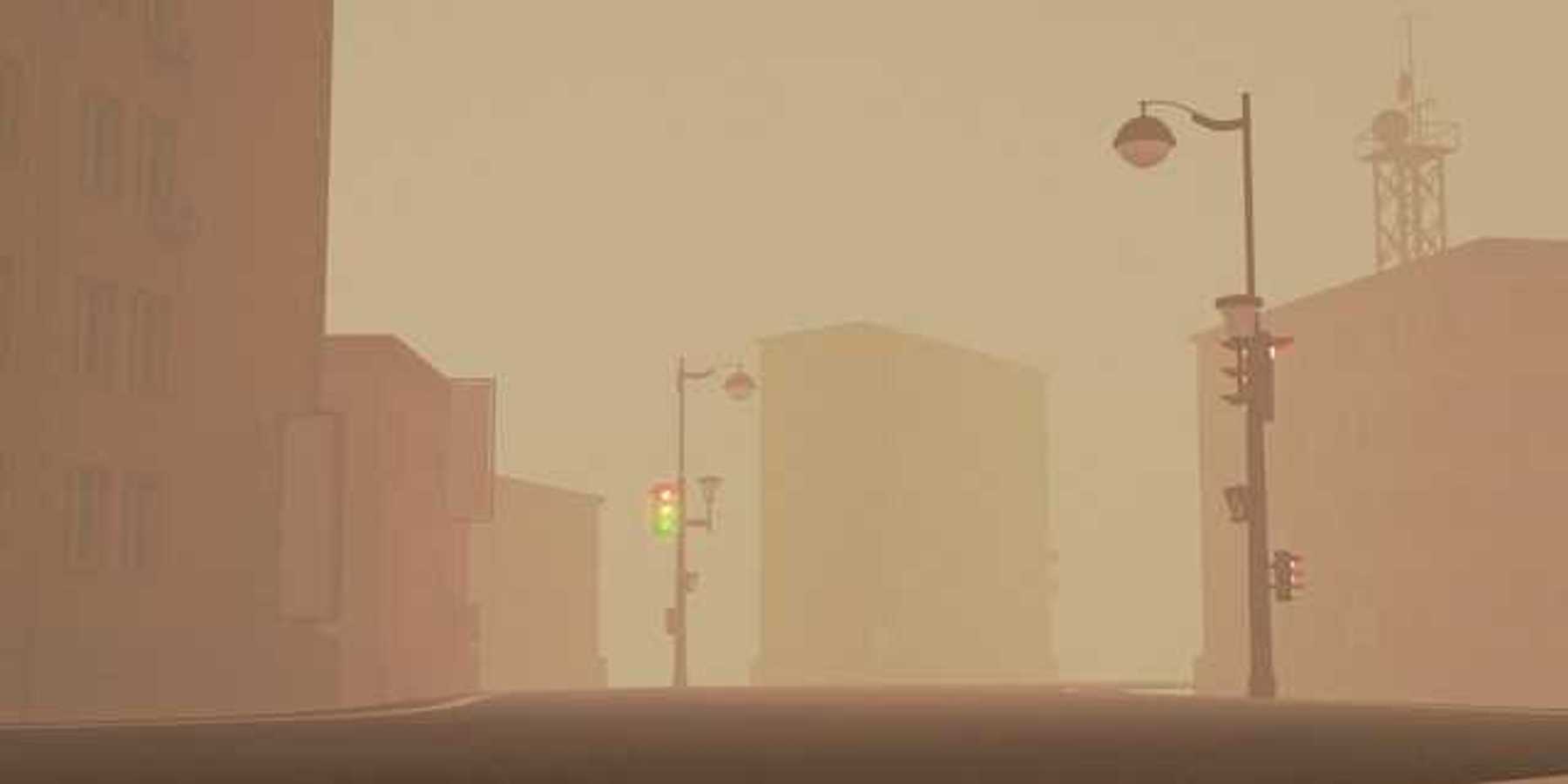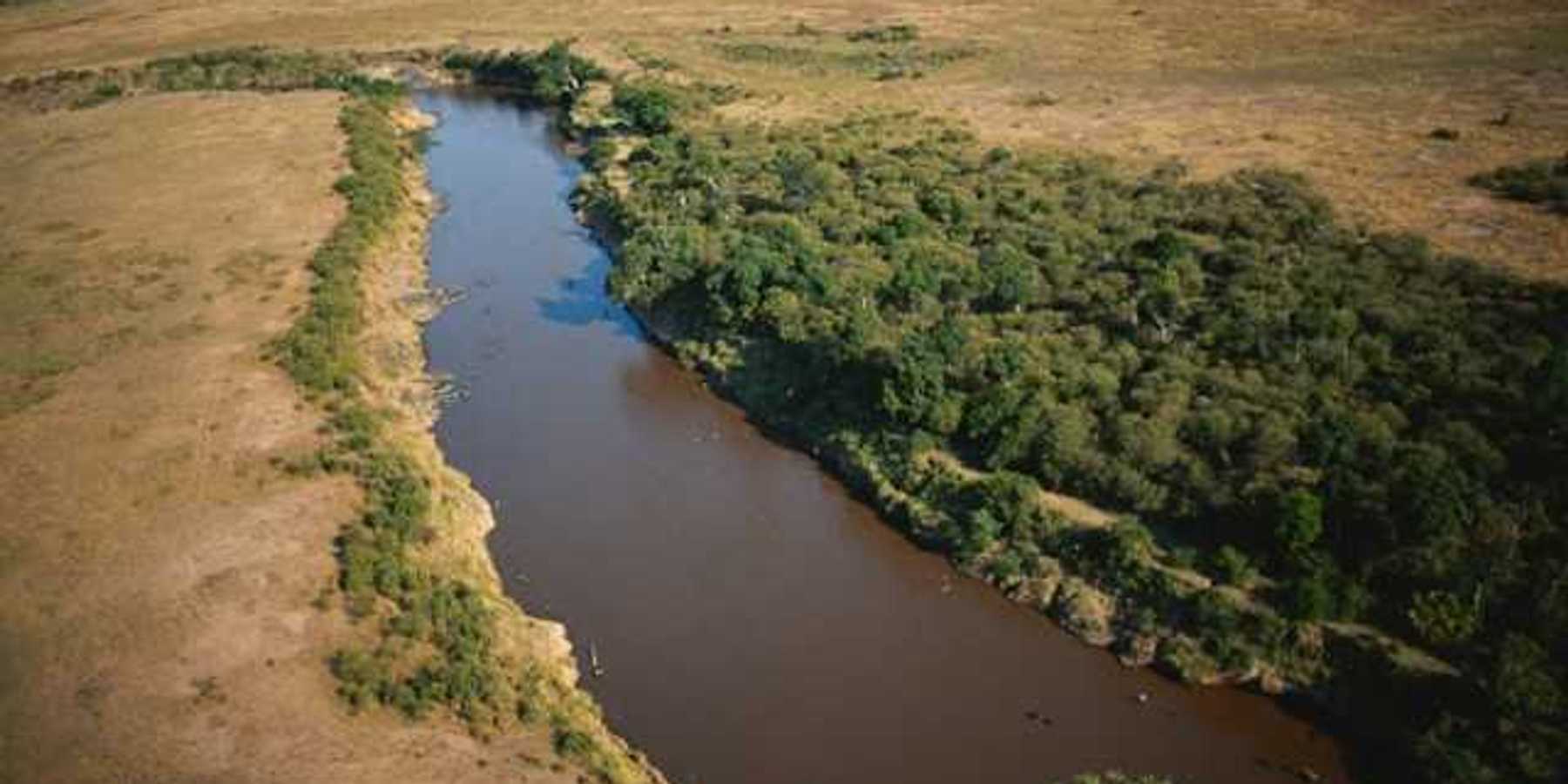Americans are cutting back on plastic use, survey finds
A third of U.S. adults report reducing their use of plastic products, highlighting growing concerns over plastic pollution and its environmental impact.
Bella Isaacs-Thomas reports for PBS NewsHour.
In short:
- The NPR/PBS NewsHour/Marist poll reveals a trend of decreasing plastic use among Americans, with women, higher income households, and college graduates leading the charge.
- Political affiliations influence plastic usage patterns, with Democrats and independents more likely to reduce their use compared to Republicans.
- The COVID-19 pandemic contributed to a temporary increase in single-use plastic consumption for some, due to health precautions.
Key quote:
"The ability to make plastics out of a renewable resource is going to be necessary at some point in the future."
— Kiersten Muenchinger, product design professor at the University of Oregon
Why this matters:
Plastic waste persistently pollutes oceans, rivers, and landscapes, harming wildlife and ecosystems. Animals can ingest or become entangled in plastic, leading to injuries, starvation, and death. Reducing plastic use can mitigate these harms and protect biodiversity. Consumers wield considerable power in the fight against plastic pollution, a pressing environmental issue that affects oceans, wildlife, and human health. By making conscious choices and adopting certain practices, individuals can significantly contribute to reducing plastic use.
Be sure to read EHN’s op-ed: “Plastic People” — A documentary that changed my view on plastics.













